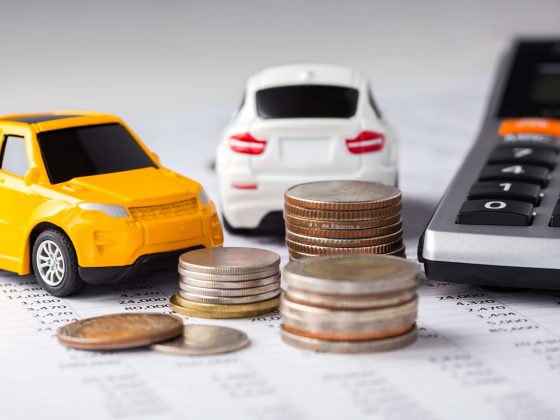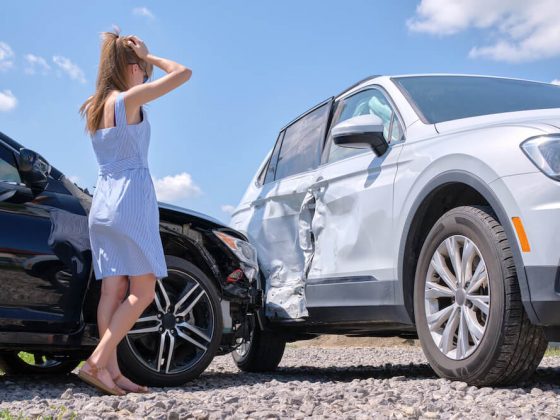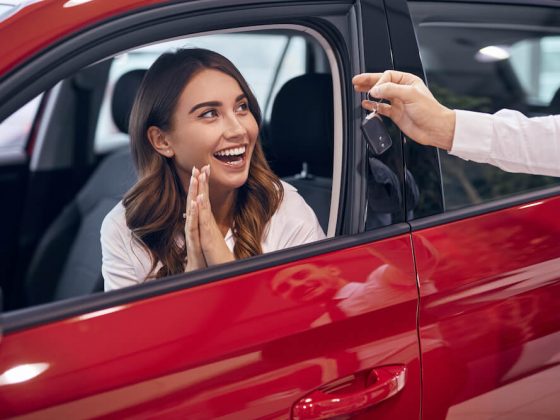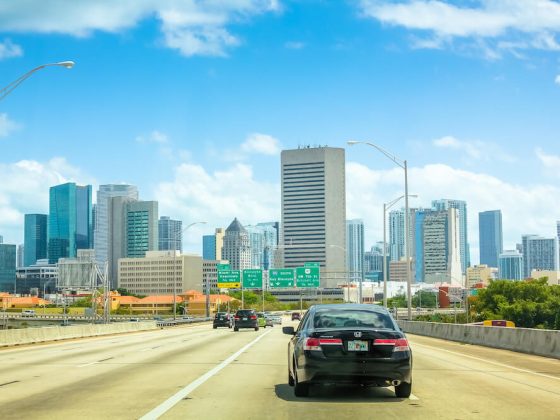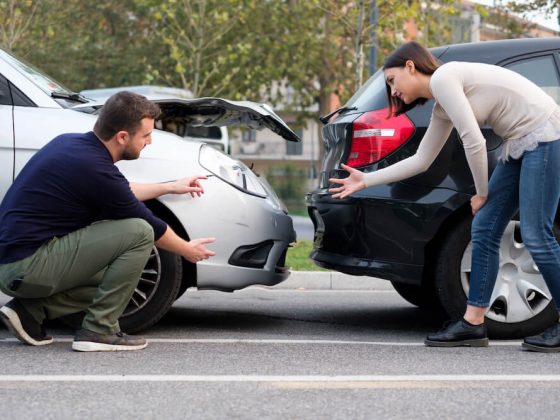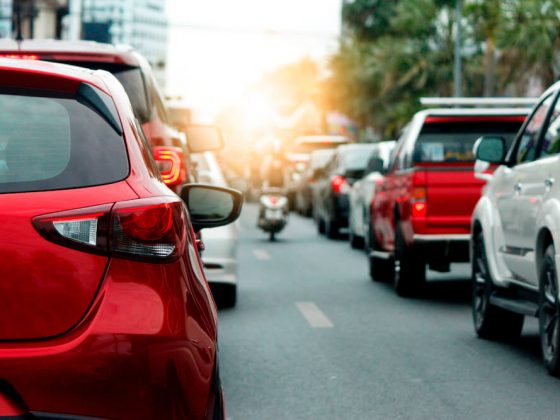Many first-time buyers have very little knowledge about the way auto insurance companies operate. They call an agent and end up buying the cheapest auto insurance policy they could ever get.
Use eTags© to Quickly Complete Your DMV Service. Renewals, Title Transfers and More, All Online!
That approach seems logic, but let’s put things on perspective. You would be surprised how expensive it costs to go for the cheapest product.
Anyway, the most important thing to do before hitting the road is to make sure you are covered. By law, nearly every state requires drivers to show some form of financial responsibility in the event of a car accident.
It is in your best interest to purchase a valid policy so you could always be in good terms. That said, you can buy your new auto insurance either in person or online, and make sure you know what you are signing up for.
For that reason, here are 5 best car insurance buying tips for first time buyers.
#1: Always know how much insurance you need
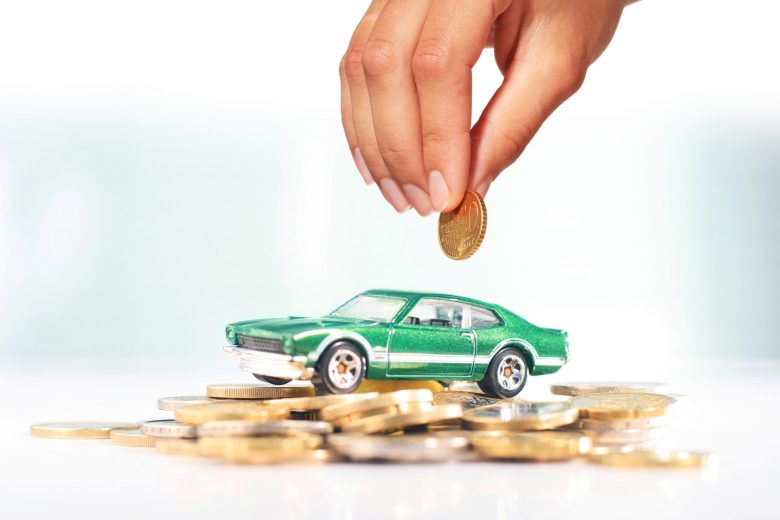
Would you rather do without car insurance? Most of us would say yes so we can keep a few more bucks in our pocket but then, for obvious reasons, car insurance is more of a need-to-have for every car owner in most states. Despite the inherent benefits of having adequate car insurance, many car owners cringe at the thought of taking out an insurance policy for their car(s). The process is fraught with countless unverifiable myths which make it more confusing than it ordinarily should be for the average car owner.
In order to make the most of your car insurance policy, being informed is the most powerful tool you have to avoid being misled by some of these myths.
- All insurance companies charge the same flat, premium rate: No. When shopping for an insurance policy, remember that each insurance company has a unique set of criteria which it considers when calculating the insurance premium for your car. Although the market is competitive, no 2 companies have the same premium structure for car insurance. So feel free to compare the premium rates (along with the applicable conditions) from different companies before making your choice.
- The more expensive the car, the higher the cost of insurance: Sort of. Although the model and the make of your car play an important role in determining the premium rate, there are also other factors that play a more crucial role. For instance, an $80,000 dollar car that has a high rate of theft will cost more to insure than a $95,000 car that has little or no history of theft or carjacking.
- Bright colored cars cost more to insure: No. Red colored cars are particularly affected by this misconception. The reality is that any cars of the same make and model will attract the same insurance premium irrespective of the color(s). Hence, barring all other factors like maintenance costs and replacement value, a red Chrysler 200 would attract the same insurance premium as a blue one.
- Your car insurance covers theft of personal property in the car: No. To ensure that your personal effects; especially the expensive ones, are adequately covered in case of them being stolen from your car, you may want to take out a Renters Insurance, Homeowners Insurance, or a Personal Articles Floater. Be sure to check out what items are covered under these options, and the applicable limits attached.
- Collision insurance covers for damages to your car by an animal: No. In car insurance policies, the definition of collision does not include coverage for collision with a dog; for instance. To cover your car for possible collision with an animal, you should consider taking out a comprehensive coverage.
- Your car insurance covers you for every car you drive: No. This misconception suggests that your car insurance covers you whether you are driving your car, a borrowed car, or a rental car. Unfortunately, this is not the case as car insurance follows the car, not the driver. In the case of a borrowed car, the owner’s insurance will be first in line to bear the burden of claim, while for a rental car; you may add the option to your car insurance policy.
- No-fault insurance means no one is at fault: Just no. For no-fault insurance, the normal practice is for your insurance company to take care claim of any claims you make to repair the car. However, whoever is found to be at fault at the end of the day will have to bear the consequences in the form an increase in their premium rate and of course any action your local DMV may take on your license or the Clerk of Court with a citation.
- Any third party driving your car will bear responsibility for damages caused while driving it: No. A car insurance policy follows the car; not the driver. Hence, should damages occur while a friend is behind the wheel of your car, the claim will be made on your car insurance policy, not theirs.
- Your insurance company can arbitrarily cancel your insurance policy: Sort of. Except in extreme cases like insurance fraud or nonpayment of premium, your insurance company lacks the power (as stipulated by relevant laws) to terminate your policy with them before it runs its course. All you need to do is to keep your own side of the bargain by promptly paying your premiums and ensuring that your license is always valid.
- A ticket will make your premium rate shoot through the roof: Sort of. This is not usually the case. In reality, the chance of your rate going up because of a ticket is relative to the severity of the situation. It’s making claims that can cause your rate to go up.
Although there is no end to the myths surrounding car insurance, the above are probably the most common misconceptions about it. A good rule of thumb is for you to do your due diligence by comparing quotes and offers from different companies, after which you seek for the services of a reliable independent agent to help you through the process.

